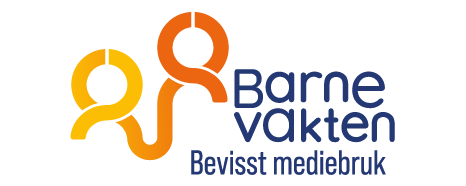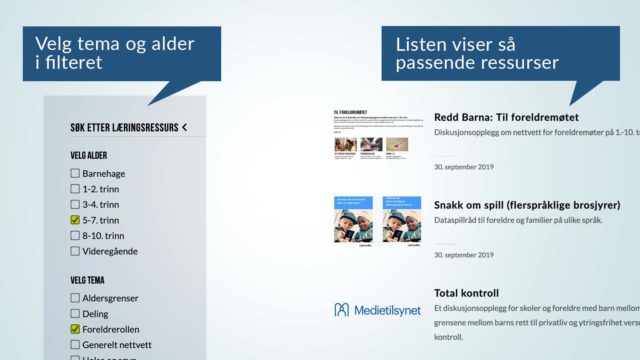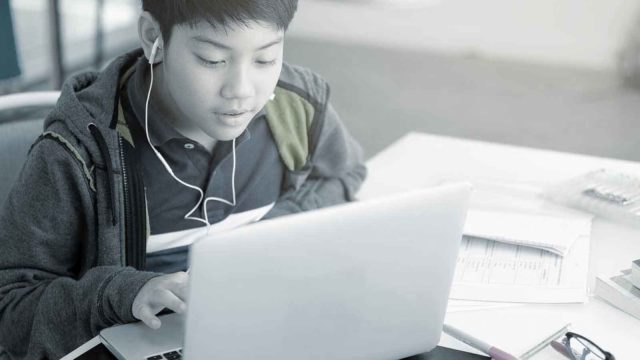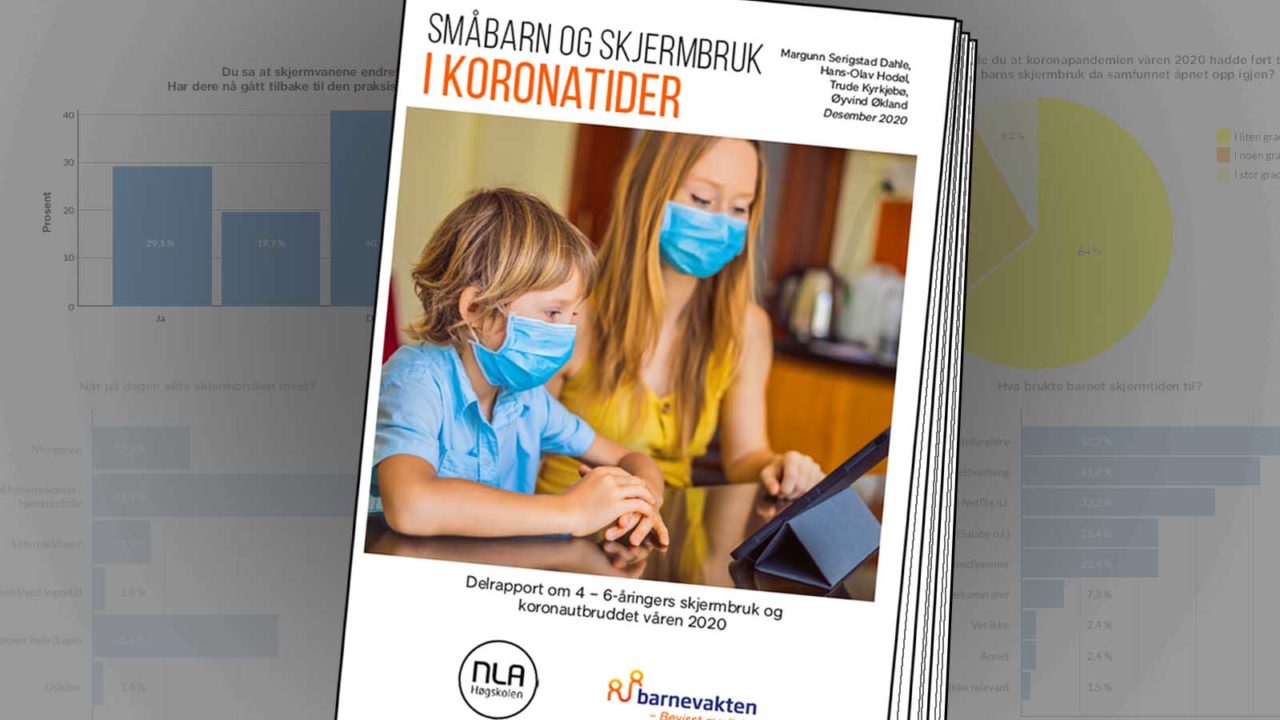
Norway: Corona period have changed toddlers’ screen habits
SURVEY: The screen habits of kindergarten children in Norway may have been changed on a permanent basis, shows a new survey commissioned by Barnevakten. The computer screen was used as a babysitter when parents had a home office and siblings had home school in the spring of 2020.
Kindergartens closing during the corona period have changed toddlers’ screen habits in Norway.
- Download PDF of the report here: Smaabarn-og-skjermbruk-i-koronatider
Nearly three thousand kindergarten parents of 4 to 6-year-olds have participated in the survey that was conducted after the schools and kindergartens were closed in the spring of 2020. Half of the parents say that the children’s screen use increased the most at the time of the day when parents and siblings were busy with work and schooling.
Changed screen habits
Three out of four parents state that their children’s screen use increased during the corona outbreak this spring, and for one third the changed screen habits persisted even when society reopened. The survey shows that parents are negative to the changes.
A parent responded: «The kindergarten child clearly became the «losing party» at home during the corona period. Mother alone with three children, two of them are schoolchildren. Mother had to sit and help with homeschooling from 8:30 a.m. to 1 p.m., and had to stow away the nursery child with Netflix. It felt absolutely terrible, but I had no choice! Could not have solved it in another way without there would then be disruption in the schoolwork of schoolchildren. »

–It shows that when it came to the youngest’s screen use, kindergartens closing during the corona period put parents at risk. Some parents experienced that the kindergarten children became the losers when parents had a home office and in addition had to help siblings who had school at home, says Kjellaug Tonheim Tønnesen, Professional Manager at Barnevakten,
Some children had little contact with friends and playmates
The survey was published in several languages, and the analysis of the answers shows that regardless of linguistic background, parents report an increased screen time during the corona outbreak this spring. But how 4-6-year-olds used the screens varies slightly.
Seven out of ten parents who answered the Norwegian questionnaire say their children spent most of their screen time on streaming services such as Netflix and the like. While parents who respond in a language other than Norwegian say that their children spent the most time on conversation/contact with grandparents. This constitutes five out of ten parents with minority languages.
In comparison, children of minority-speaking parents used to be social with friends and playmates to a lesser extent than children with Norwegian-speaking parents did. One in ten minority speakers were social on screen while two out of ten with a Norwegian-language background.
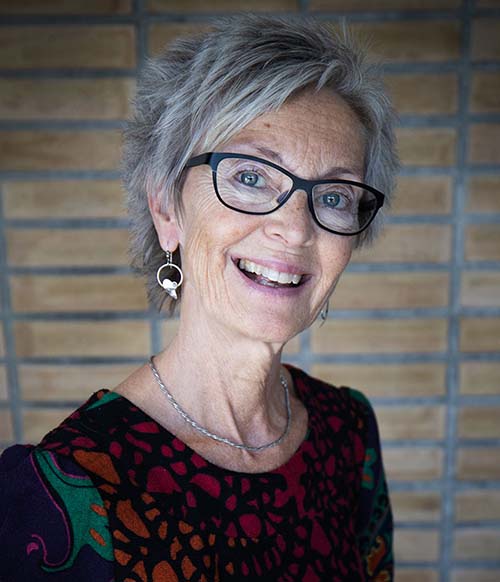
–This is an important finding that firstly illustrates that digital media can stimulate social interaction and maintenance of friendships. Secondly, the finding shows that contact with friends and playmates was extra limited for some children when kindergartens closed, because they also did not meet playmates on the screen. We see a tendency in the survey that children with minority-speaking parents had less contact with friends and peers during the corona outbreak than children with Norwegian-speaking parents. However, there are a few more people in the minority language group who have had contact with family and grandparents via screen than are seen in the parent group as a whole, says the head of the research team, Senior Lecturer Margunn Serigstad Dahle at NLA University College.
Mostly entertainment
Most of the parents state that the increased screen time in the spring of 2020 was primarily used for entertainment, and then on streaming services such as NRK Super and Netflix. The research team has gained access to information from NRK reporting on record high ratings on NRK Super in March and April 2020, as the findings of this survey clearly illustrate.
Summary of the report says that the increased screen time did not lead to more variation in screen usage. A combined response group states that the children primarily used the screen for entertainment and contact, but with somewhat different emphasis, where linguistic background seems to play a role.
–The figures in the report show that parents have mixed experiences with their child’s screen use during the corona outbreak, and the answers alternate between concern and excitement. The parents express positive aspects of their child’s screen use, including extensive social contact with family and friends. At the same time, they found it difficult to find a good balance between their child’s screen use and other activities. The findings suggest that many parents are concerned about what is missing in their child’s everyday life when there is more screen time, which clearly characterized the everyday life of the families in question in this very special phase, says Kjellaug Tonheim Tønnesen, Professional manager at Barnevakten.
Facts about «Småbarn og skjermbruk«
«Småbarn og skjermbruk» Repport based on survey of parents and teachers on children’s screen use was launched in February 2020. Read more i Norwegian here.
The research has been carried out on behalf of Barnevakten by a research team at NLA Høgskolen, led by Senior Lecturer Margunn Serigstad Dahle.
The participants in the survey are parents of the children at municipal kindergartens in Bergen and Vennesla, as well as the kindergartens of Espira-gruppen, Stiftelsen Kanvas and Læringsverkstedet AS.
The survey was anonymous and was available in nine different languages in addition to Norwegian, with the potential to reach parents/guardians of over 14,000 children. It was available through September, and about 20 per cent of potential respondents answered the survey.
The subreport «Småbarn og skjermbruk i koronatider.» is part of a new research report to be launched on Safer Internet Day 2021. The report is based on a parental survey on 4- 6-year-olds’ screen use, and carried out on behalf of Barnevakten by almost the identical research team at NLA University College as the report from 2020.
Contact persons
Kjellaug Tonheim Tønnesen, professional manager at Barnevakten. Email: Kjellaug@barnevakten.no, Tlf: 47474345
Margunn Serigstad Dahle, Senior Lecturer at NLA Høgskolen and head of the research team. Email: margunn.dahle@nla.no, Tlf: 98209606
